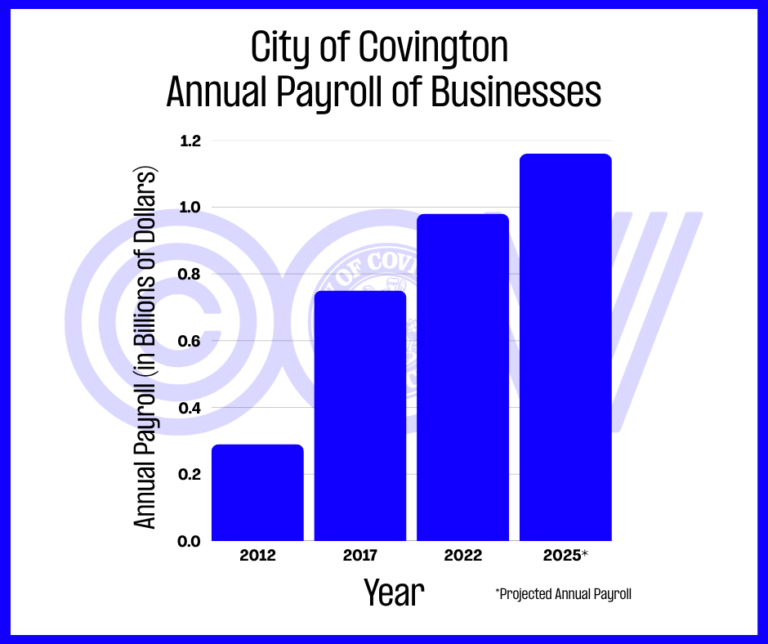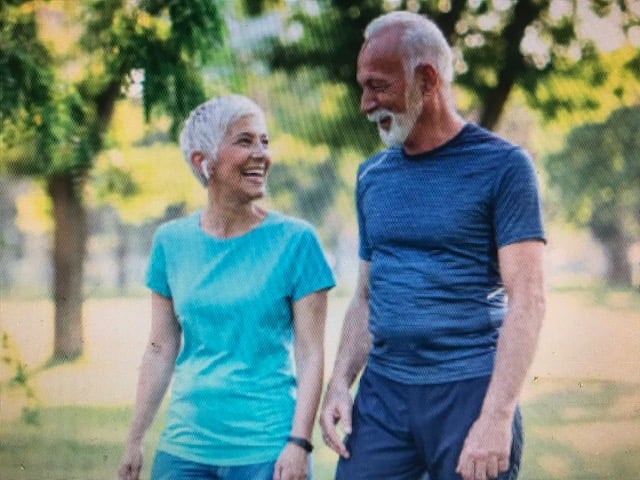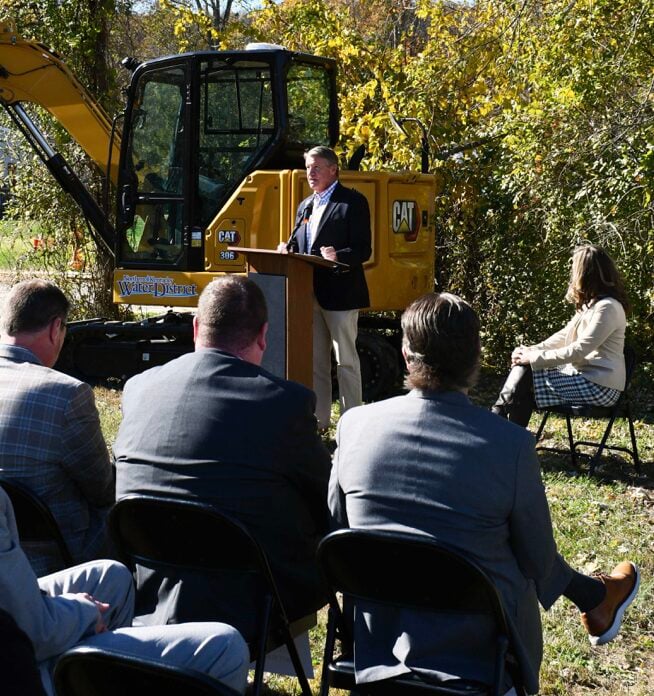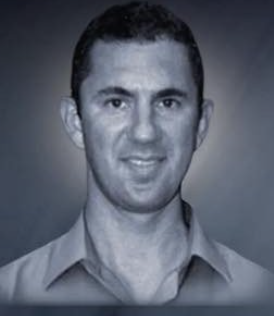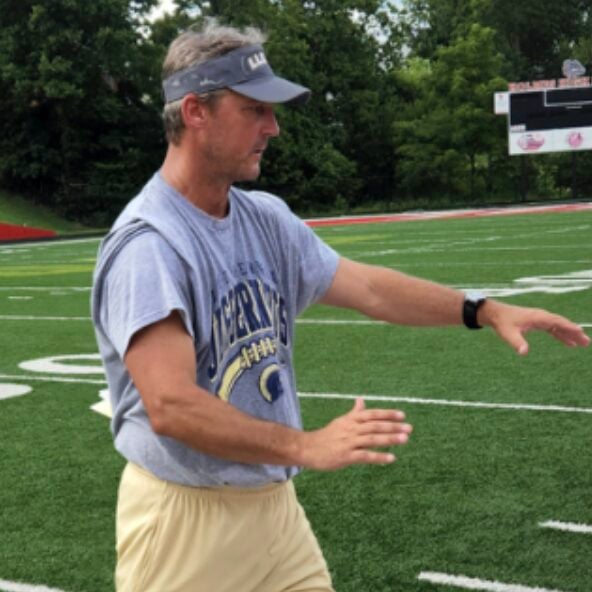“Sunflowers turn naturally toward the light, but we have to be taught, it seems.”
Richard Rohr
In the summer of 1989, our fellowship group headed to Yugoslavia. As the plane dropped below the clouds for a long approach, we were treated to a wondrous view.
The cerulean Adriatic sparkled in the strong sunlight, the whitewashed buildings of Dubrovnik seemed freshly scrubbed, their red-tile roofs shining, and the. . .fields and fields of massive sunflowers, fields chockful of huge sunflowers. All those golden heads beaming up at us.

We were astounded by the beauty. What a welcome!
But I had been hasty in presuming those flowers were beaming a welcome at us.
As our plane’s shadow moved across the fields, I realized these were SUNflowers, finding and basking in the beneficent rays.
Still, quite a welcome.
• • •
Several years later, I was in Saudi Arabia for a fellowship of study there.
One afternoon with a break in the schedule, several of us ventured outdoors into the desert.
The temperature in the Arabian desert was 113 degrees. Our guide cautioned not staying too long outside, commenting that without the humidity we might be accustomed to, the temperature might not seem that high.
Turning to head back inside, I noticed a patch of sunflowers nearby. Not really a field of sunflowers but a goodly number for that arid environment.
Yes, they were sunflowers but quite different. They were shorter and smaller, wirier, browning leaves, but full heads. And in the desert.
Seeing my interest, the guide added, “We like sunflowers. We enjoy seeing their heads always turning to the sun.”
In the distance atop a minaret, the muezzin signaled the afternoon call to prayer.
• • •
This past week, I headed down to River Road for some Winesap apples.
The field across from the market usually boasted sunflowers’ bounty at the end of season.
We’ve come to delight in those indications of fall’s arrival.
The lack of rain this late summer had cost the sunflowers dearly. The shriveling field bearing sad commentary.
No bountiful harvest this year for sunflowers or anything else.
Not the first time that had happened, nor the last, according to the farmer.
We do love sunflowers, with hope for next summer.
• • •
CALL TO MORNING PRAYER
Golden faces stretch
Their spindled necks
Beseeching Radiant God;
Caring not
As munificent rays
Fray the edge and
Dry the soul.
Levant, dear sisters!
While digits plumb
Substrata sustenance;
Reveal your way,
That in our day
We, too, may be
Prisoners in Praise.
Judy Harris
Malone Fellow
Saudi Arabia May 1995
Judy Harris is well established in Northern Kentucky life, as a longtime elementary and university educator. A graduate of Thomas More, she began her career there in 1980 where she played a key role in teacher education and introduced students to national and international travel experiences. She has traveled and studied extensively abroad. She enjoys retirement yet stays in daily contact with university students.











